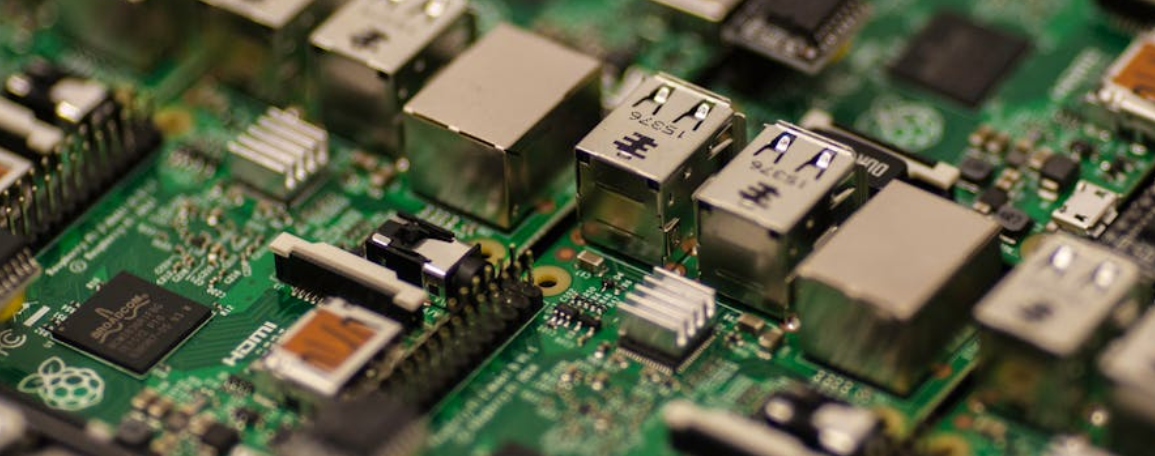How should we approach the development of cyber-policy and -infrastructure given the “short arm” of predictive knowledge?
Because of the rapid evolution of the field, it is impossible to predict the future landscape and even more difficult to know possible vulnerabilities that cyber criminals will take advantage of. So for the development of cyber policy and infrastructure it is important to discuss how we can evolve and adapt to the changing landscape as fast or faster than these criminals. I believe that to start to prepare for the future it is most important to have a complete understanding of the current field and past events, many programs that look to take advantage of current processes are built off of current viruses and modified to adapt to new security applications. To have a predictive trajectory of how these viruses may evolve means that we need to know how we are currently defeating them and in what ways our current security processes are inefficient at dealing with threats. It is also of great importance to understand emerging technologies as to understand what vulnerabilities may prevent themselves down the road, and realizing that the progression of these technologies is most likely always going to be quicker than predicted should give us more reason to act as these technologies are still in development. More aggressive tactics for diversity and interdisciplinary studies should also be a factor when creating programs such as artificial intelligence and machine learning algorithms as to prevent problems with discrimination and ethical concerns from arising after implementation as even when developers have the best of intentions, there are often blind spots due to experience. It is also of great concern that policy is currently behind in many areas when concerning many facets of technology, creating policies that cover the current landscape is not enough and need to be expanded to try and cover far into the future even at the cost of development speeds.
